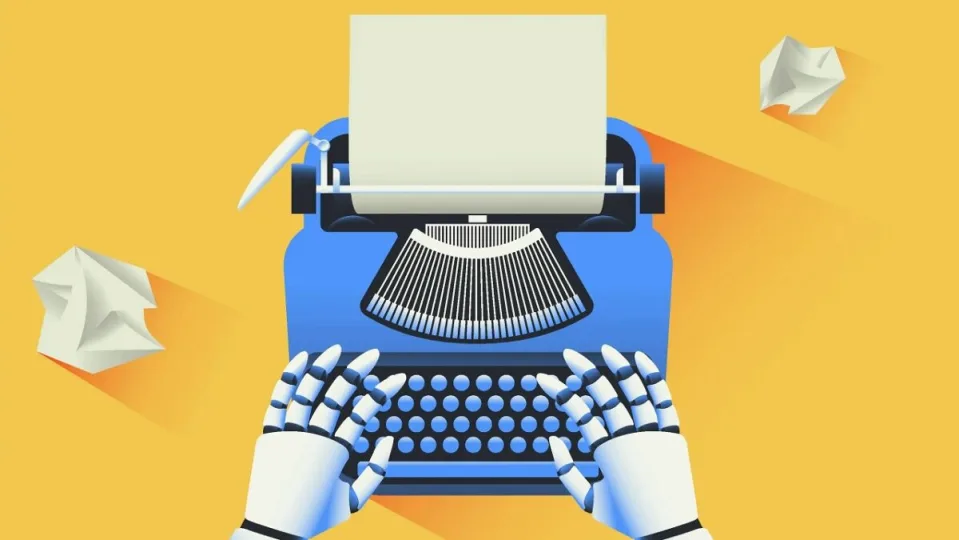When OpenAI launched ChatGPT in November 2022, it became the fastest-growing application of all time, causing panic at Google and igniting the fuse of a generative AI race within Big Tech.
Since then, the rise of generative AI has been described as the next industrial revolution, it has raised philosophical and ethical questions about human survival, and has made governments pay attention to its destructive potential. So yes, it has been a very important year for AI.
Nowhere is this more evident than on the Internet. Generative AI in 2023 has been a wild journey that has aged us. And now, let’s review how AI has transformed the web in just one year.
Deepfakes have become widespread
Deepfakes, or AI-altered media to make them look real, have been a cause for concern for some time. But this year, the wide availability of generative AI tools has made it easier than ever to create realistic images, videos, and audio.
OpenAI DALL-E 3, Google Bard, and the SGE image generator, Microsoft Copilot (formerly Bing Chat Image Creator), and Meta’s Imagine are examples of models that use generative AI to create images from text messages.
Even media platforms like Shutterstock, Adobe, and Getty Images have entered the game with their own AI-powered image generation tools.
Many of these services have barriers and restrictions to combat the real responsibilities and harms posed by AI-generated images. Putting watermarks on images to indicate that they are AI creations, refusing to generate photorealistic faces or renders of public figures, and prohibiting dangerous or inappropriate content are some of the ways they have to prevent misuse.
But that hasn’t stopped people from finding a way. This year, a song that convincingly sounded like Drake and TheWeeknd circulated on music streaming services before being taken down. Using AI, Tom Hanks seemed to be promoting a dental plan on Instagram, and the voice and image of Scarlett Johansson were used to promote a 90s yearbook AI app.
Warning about training data
How have LLMs become so good? They train with the entirety of the Internet. Everything: Reddit posts, social media posts, Wikipedia pages, hundreds of thousands of pirated books, news sites, academic articles, YouTube subtitles, food blogs, memes, etc.
The question of whether web scraping is allowed or not to train artificial intelligence models becomes murky. The law firm Clarkson Law Firm has filed class-action lawsuits against OpenAI and Google for alleged “theft” of personal information without consent and copyright infringement. Meta and Microsoft are also facing lawsuits for training their models with the Books3 database, which included pirated books.
In a case of more blatant infringement of copyright, author Jane Friedman discovered a stash of AI-generated books written in her name for sale on Amazon.
Some argue that using publicly available data on the Internet is a legitimate use. Others claim that privacy and copyright laws were not drafted with sophisticated machine learning in mind and should be updated. Everyone agrees that it is a truly complex issue that is still to be resolved.
Introduced us to AI-generated content
One of the amazing capabilities of generative AI is to write language that sounds natural. Currently, most AI-generated content reads like that of a high school student who hasn’t done all the reading: prone to inaccuracies and slightly robotic.
But over time, LLMs are improving, making article automation, press releases, job listings, creative work, and much more too tempting to pass up for many.
However, the first attempts to present consumers with AI-generated content have encountered numerous backlash. CNET angered both its employees and readers by quietly publishing articles generated by AI (many of which were inaccurate). Gizmodo was caught publishing an inaccurate AI-generated article about Star Wars and Sports Illustrated simply made up an author who doesn’t seem to exist.
In other places on the Internet, Meta has fully embraced generative AI by introducing “Personas” based on celebrities, but they are not actually those high-profile figures, and they are creating tools for advertisers to create AI-generated ads.
Even the music industry is getting in on the game. It is said that the record label UMG, which represents Drake, is exploring a way to sell musicians’ voices to generate AI music and split licensing rights with the artist.
If AI-generated content is here to stay, the real question is who benefits from it and at whose expense.
They promise to change our relationship with work
The promise of increasing labor productivity has been one of the main selling points of technology companies that have launched AI tools this year. Microsoft, Google, Zoom, Slack, Grammarly, and others have touted the ability of generative AI to reduce tasks to a fraction of the time.
But with these tools still in their infancy, and many of them in pilot phase or only available to paying customers, the large-scale effects are still to be seen.
What we do know is that generative AI tools for work are not reliable, at least not without human supervision, which undermines the entire promise of productivity.
Definitely, you should double-check your answers, and you should be careful about what you share with LLM like ChatGPT. Samsung learned this the hard way when their employees inadvertently shared confidential information with ChatGPT, unaware that their data could be used to train the model.


